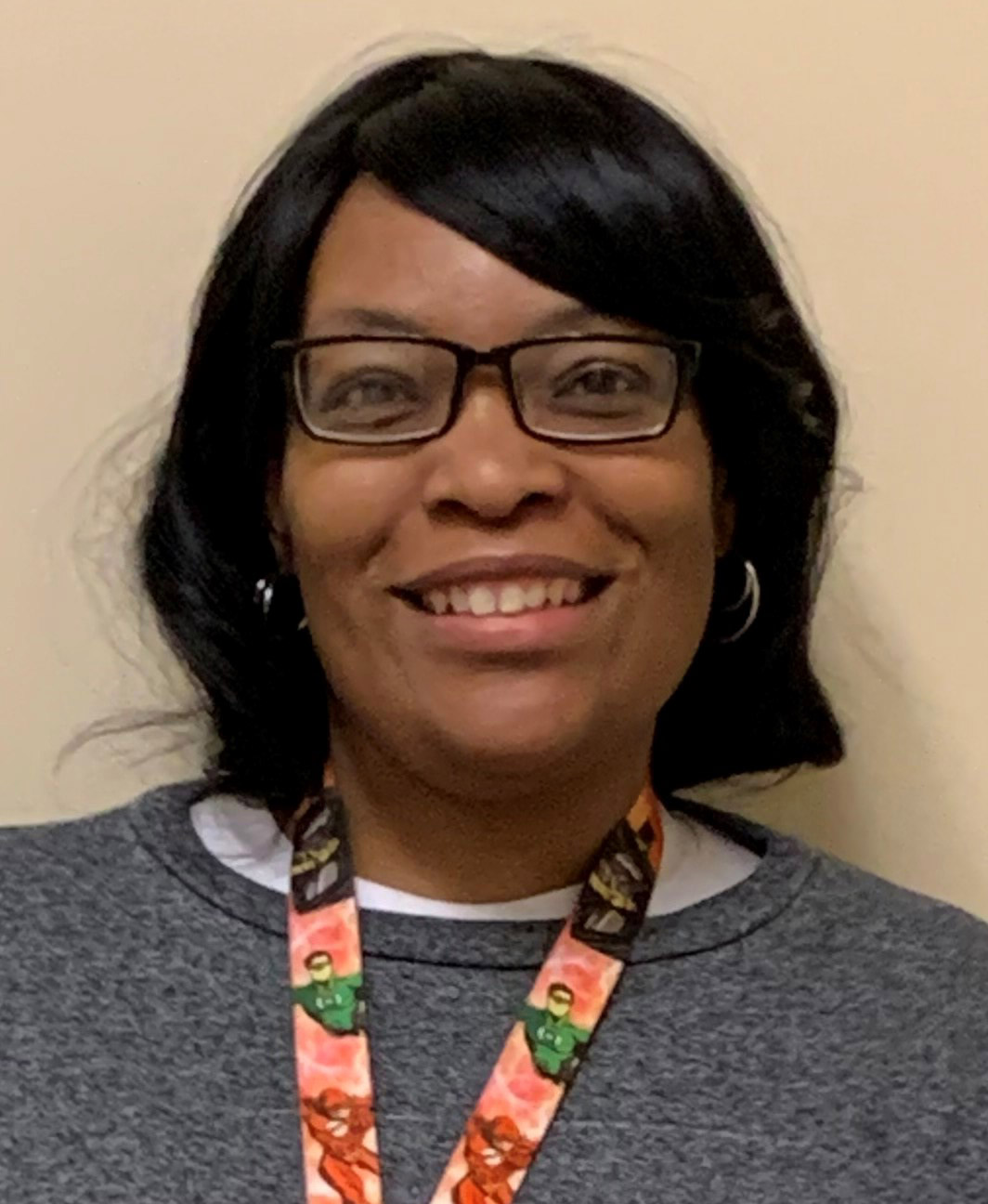I’ve been with Walgreens at its call center in Muscle Shoals, Ala., for nearly seven years. For the last two, I’ve been an e-commerce issue resolver, which means that if a customer has a situation with something related to Walgreens.com and they call our customer service line, they’ll first talk to a regular customer service agent. If that agent isn’t able to fix their issue, that’s where I come in.
 Call centers are more important than ever right now during the COVID-19 pandemic because more and more customers – especially seniors – are placing orders online. There’s a lot more call volume. I’d say I’m handling double to triple what I’d normally see. The main issues are delays in merchandise orders because of the increased ordering volume, plus large numbers of patients figuring out how to have prescriptions delivered to their homes so they don’t have to go out. A majority of our online customers are elderly, and many have difficulty with things like text messaging to opt in to services or adding a credit card to an online account. So in many cases, we’re walking a senior or their family member through that setup.
Call centers are more important than ever right now during the COVID-19 pandemic because more and more customers – especially seniors – are placing orders online. There’s a lot more call volume. I’d say I’m handling double to triple what I’d normally see. The main issues are delays in merchandise orders because of the increased ordering volume, plus large numbers of patients figuring out how to have prescriptions delivered to their homes so they don’t have to go out. A majority of our online customers are elderly, and many have difficulty with things like text messaging to opt in to services or adding a credit card to an online account. So in many cases, we’re walking a senior or their family member through that setup.This pandemic has been stressful for everyone. By the time a customer calls us, they’re sometimes very upset. We have to help calm them down to be able to assist them. Fortunately, that’s a big part of what I’m able to do for people.
Last week, for example, I spoke with a customer whose Walgreens.com order had been delayed. He had expected it sooner and didn’t know when it would arrive. I offered to contact the distribution center to get the delivery details for his package – which I found out was arriving at his home the next day. Then I called him back and let him know. More than knowing the exact delivery date, it was that type of care he wanted – to see someone showing him they were assisting. Customers don’t want to hear a repeat of a message on the website or in their email that we’re working as fast as possible. They want to know that somebody is out there actually trying to help them out. As issue resolvers, we’re trying to resolve all their issues – including feeling cared about.
Life at the office
Since the start of social distancing, there have been five or six of us still here each day from my department of 13, with the rest working from home. Alabama is a state where it’s required we be in the office if we’re doing work related to pharmacy, which I do. I’d estimate there are about 200 people still in the building. Everyone is being very careful about hand-washing and what we touch and how we function on an everyday basis. We’re all spaced out in a zigzag pattern, where the cubicle in front of you is always empty and the cubicle behind you is always empty, to keep a safe social distance.
Life at home
I have four children. Two of them, my 12-year-old twins, have autoimmune disorders, so for their safety, they’re staying quarantined with their dad right now. I talk to them every day through Google Duo or FaceTime, but we haven’t been in the same household for about three weeks. It took a toll on me at first, but I knew it’s what we needed to do to keep them safe. When I’m not working, my older two kids and I are spending time together at home.
Clear dividing lines
I have a motto: I leave my home at home, and I leave my work at work. When I step into the building, I know it’s time to put my work face on. I leave every call to itself, too. Say I get a call from a very upset customer. I handle that call, but I don’t let it carry over into another. I try not to get too down. These customers are in the same predicament my family members and I are in with this pandemic. I try to treat all of them with that in mind.
Unsung heroes in customer service
We may not be helping customers in person, the way our team members in stores are, but we are still an important part of Walgreens, getting things done and providing a helping hand behind the scenes. We make connections with our customers and are very personal with them. You can feel and hear their raw emotions through their voices and their emails. You develop a different kind of empathy because you have to use your imagination to picture what a customer is going through on the other side of the phone or in front of their keyboard.
I have a brother who’s a registered nurse in Michigan. He’s on the front lines at an ICU. Obviously, there’s no way to compare our very different jobs, but what we do here in the call center is also extremely important. We may not be on the front lines, but we’re a different kind of essential service, helping people to get what they need in order to get through a scary time.
